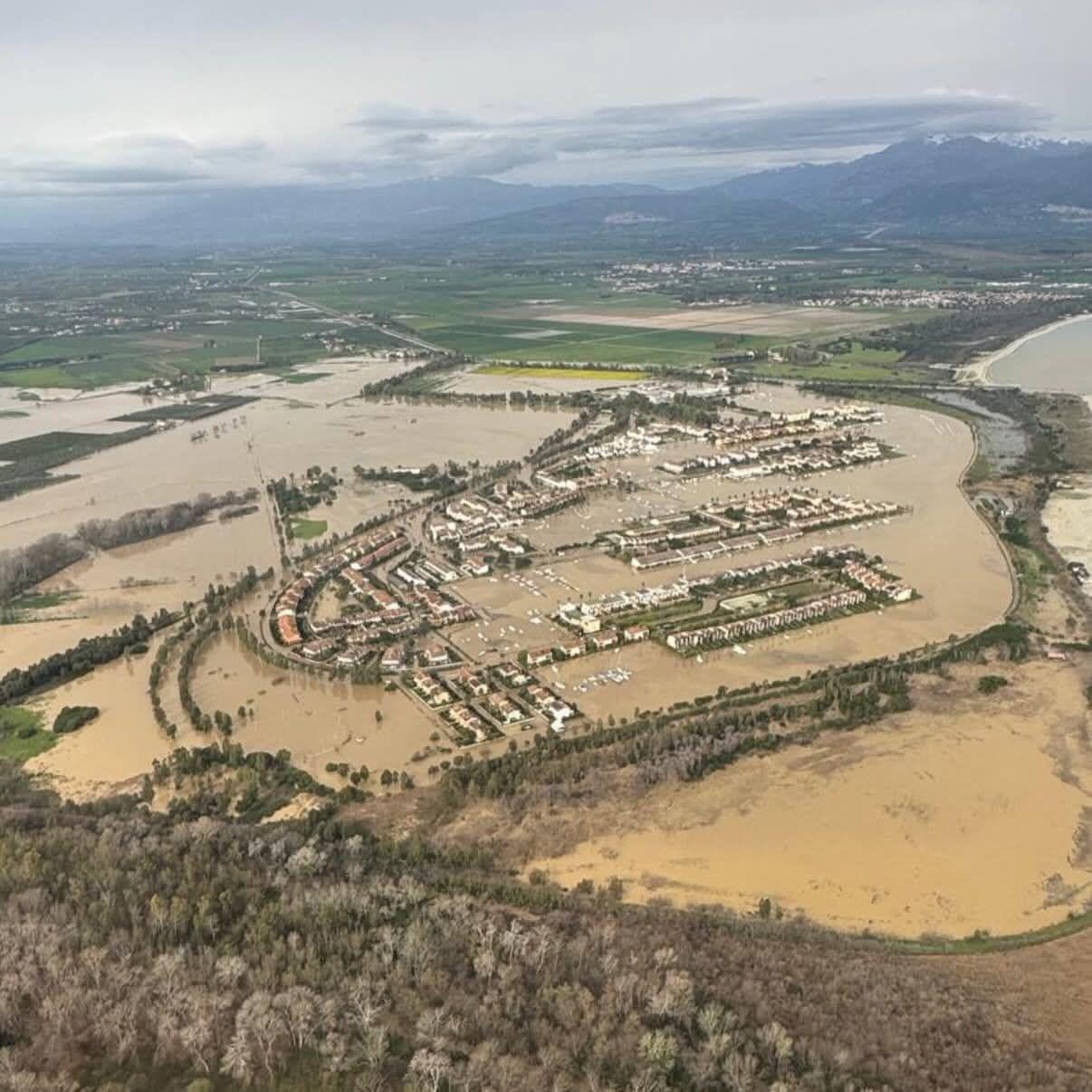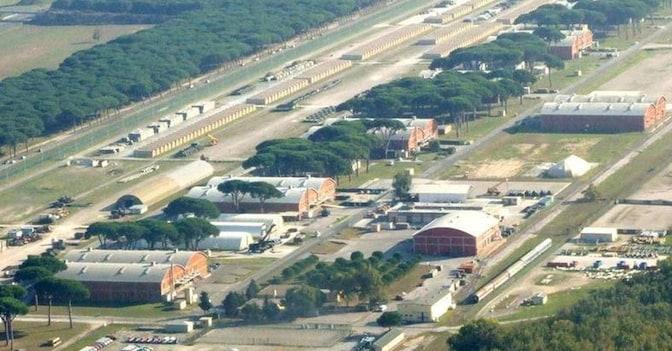
The Exit from Below

Let’s start from an apparently marginal fact, yet still a significant one in an institutional context which is obsessed by governability and respect of formal procedures hailing from the predictability of phenomena. We are talking about the unability, by global media, markets, bettors, pollsters and Nigel Farage himself of reading into the actual possibility of a Brexit until early friday morning. A sign that in the world of big data, of profiling, of conspiracy theories about the supposed omniscience of governments and intelligence agencies should – without any specular triumphalism
or a negation of the sometimes crushing complexity we face – at least make one reflect about the unpredictability and the subversive potential of the human factor – that in order to express itself cannot but comply with the deadlines imposed to it by the counter-part.
It is from this premise that we want to try to interpret, and adapt to our benefit the many fault lines that can detonate the Kingdom – though triggered by a referendum called from above, to merely comply with needs of insider power rearrangements (doesn’t that ring a bell? [A reference to a crucial and upcoming referendum about constitutional reform in Italy which may prove as much destabilizing for local establishment as the Brexit one has been in England- TN]).
There is the contrast between the metropolis and the province that, after the Austrian precedent, seems to accentuate the gap between more or less global and connected cities and peripheral territories, enjoying a more homogeneous composition. The latter being interstices of globalization, which has projected there nothing but misery and tensions: from de-industrialization and relocation, the competition with immigrants for residual jobs and services, which are more and more siphoned off by more productive centers accordingly to the arbitrary capitalist criterion.
There is the contrast between young and old, one already flaunted since the pre-vote polls, in which regard various mainstream media have not hesitated to play the card of generational conflict and of the “selfishness” of the latter at the expense of the first. But how much the reasons for the vote have been dictated by a (even verified) nostalgia for the past imperial grandeur and xenophobia (we are talking about a country that has been affected by decades, not years, of large-scale immigration phenomena) – and how much by the concern for the new generations and by the hatred aroused by a future of cuts, austerity and McJobs? The “working poors” phenomenon, that is now emerging in Italy along with the implementation of the Jobs Act labour law, it is a sad normality in the UK.
There is the contrast between the party directives and the actual behaviors of the electorate, in the continuous wearing down of any option labeled as supporting the status quo: the timid pro-Europe tendency of Corbyn’s Labour has been repudiated at the polls in the strongholds of the institutional left like Wales, while the minority tory faction led by Boris Johnson – betting on the Brexit against Cameron very much like Renzi […did in Italy against his predecessor -TN] – candidates itself as a pillar of a party of the nation in English sauce [a reference to the Renzi project of creating a catch-all, natural government party -TN], with the announced support of a Farage who is already reconciled with the old oligarchies.
There is the contrast between the voters employed in services (especially financial ones) and those employed in other sectors: in this regard, the terrifying macroeconomic data of the UK, such as unemployment, are not attributable solely to austerity policies. But to a clear development model: that kind of (increasingly global) division of labor that from the Scotsman (!) Adam Smith, through centuries of neoliberal theory, culminated in the hyper-specialization and put to the service of the City of London a huge share of British productive resources. And in this regard, surely, the Brexit will be different from all the other possible ‘exits’ which may happen: there will be no easy rebound of the economy through exports conveyed by an, even devalued, pound.
Maybe there is the contrast between indigenous electorate and the one made by recent immigrants – whose precarious existence, cannot be even solved now by the expatriation relief valve, in a set of non-marginal aspects. Surely there is the contrast between the local belongings – as Scotland, Northern Ireland and, in an innovative way, the same London; but not the aforementioned, pro-Labour Wales – against the rest of the national territory.
The texture and the implications of these fault lines – coupled with the current strength of right-wing positions, being them liberal or authoritarian ones – must drive us to a profound pragmatism while identifying, indicating and practicing levels of territorial, national and trans-national antagonism. How much and in which way (definitely not the merely electoral one) these levels may be perceived to be contestable and disputed against the needs of the capital? The potential impact of the vote on the cohesion and stability of the UK itself immediately give us a test case. What can be the result of the collision between territorial identity (also an antagonist one, resulting from a long history of resistance and self-determination), fallback nationalism and supra-nationalism (in their possible return in the EU) for Scotland and Northern Ireland? Can the centrifugal pushes from post-brexit England by Gibraltar and London itself – whose global financial city perspectives, along the lines of Singapore and Hong Kong, are embodied in the biography and in the intent of the new mayor Khan and of his electorate – play in the direction of such a deepening of the evolutionary lines of transnational capitalism?
And what are the repercussions on the continent? Surely we awaken in a less “Atlanticist” Europe – in which the paradoxical but far from unplanned Scottish visit by Trump will matched by the anger of the seats of the establishment overseas. While Wall Street joins the generalized sell-off of the pound, in Moscow there is one less hurdle for the relationship with the new EU. And the German command, though free from an awkward counterweight, is surrounded on one hand by the anti-euro referenda flaunted by the right-wingers and by the changed political weight of the 5 Stars Movement and Podemos; and on the other by the healthy conflict expressed by the infinite French March, as well as by the unresolved uneasiness in other European territories, such as Catalonia.
It is from these two latter scenarios, as well as from the fault lines which emerged with Brexit, that we should start up again as soon as possible. In order to open new spaces of organization in the insufficient nation-state shortcuts; but also to make problematic – putting into question its aims and tackling it conflictually – the transition towards an even more oppressive and exclusionary European architecture.
Ti è piaciuto questo articolo? Infoaut è un network indipendente che si basa sul lavoro volontario e militante di molte persone. Puoi darci una mano diffondendo i nostri articoli, approfondimenti e reportage ad un pubblico il più vasto possibile e supportarci iscrivendoti al nostro canale telegram, o seguendo le nostre pagine social di facebook, instagram e youtube.




















